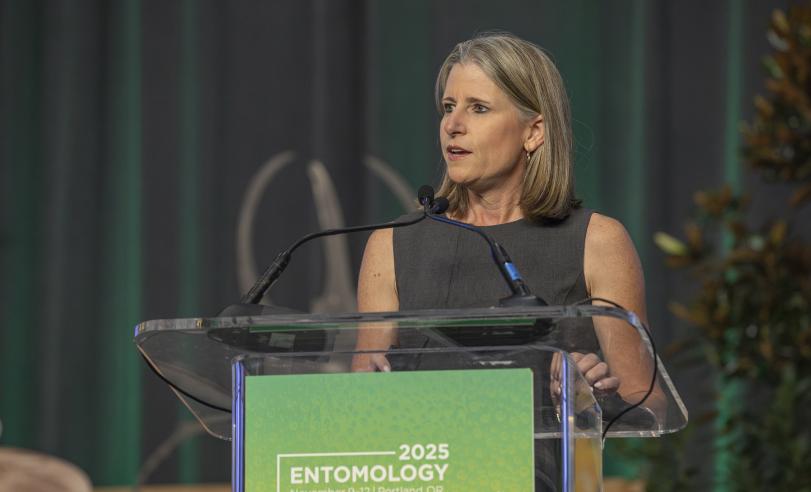
Join ESA President, Melissa Siebert as we kickoff Entomology 2026: Connect Your Science. Expand Your Net. Celebrate and honor this year’s Fellows and Honorary Members of ESA before settling in hear from our keynote speaker.
Sunday, November 8
5:30 - 7:30 p.m.
